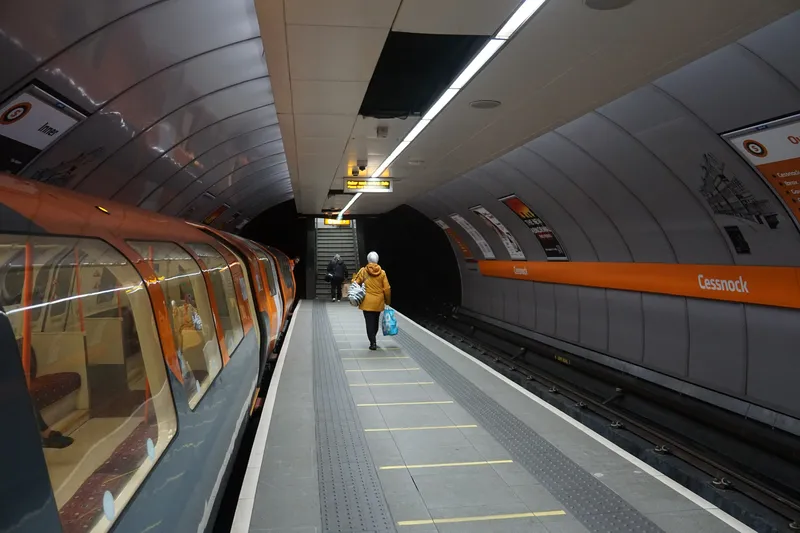Mobile ticketing and payments specialist Masabi has been selected by New York’s Metropolitan Transportation Authority (MTA) to provide mobile ticketing for both the Metro-North Railroad (MNR) and Long Island Rail Road (LIRR).
Masabi’s mobile ticketing technology will allow passengers to quickly and securely buy and use electronic tickets for both railroads using a mobile ticketing application or website with payment being made via either debit or credit card. Tickets are sent to users’ phones in the form
May 2, 2014
Read time: 2 mins
Mobile ticketing and payments specialist 6870 Masabi has been selected by New York’s 1267 Metropolitan Transportation Authority (MTA) to provide mobile ticketing for both the Metro-North Railroad (MNR) and Long Island Rail Road (LIRR).
Masabi’s mobile ticketing technology will allow passengers to quickly and securely buy and use electronic tickets for both railroads using a mobile ticketing application or website with payment being made via either debit or credit card. Tickets are sent to users’ phones in the form of an electronic ticket that can be validated visually by conductors, or as an encrypted barcode that can be scanned by a conductor’s handheld device to verify that the barcode is valid.
The MTA will be using Masabi’s JustRide platform, a deployment proven, end-to-end mobile ticketing and fare collection system. The award-winning product includes features such as ticket purchase, user display and easy validation together with sophisticated back-end infrastructure for secure payments, ticket management, customer service, reporting and real-time analytics.
“This is a step forward as we look to use the latest technologies available to make fare payment at all our agencies easier, faster, and more convenient,” said Thomas F. Prendergast, chairman and CEO of the MTA.
"Mobile ticketing is all about making life easier for transit riders," said Ben Whitaker, CEO of Masabi, while Josh Robin, VP of North America, Masabi, said “As a lifelong Metro-North rider, it is exciting to be bringing our technology to New York’s commuter railroads. With our technology, the MTA will be able to deliver industry-leading innovation to its riders at a fraction of the cost of traditional fare payment technology.”
Masabi’s mobile ticketing technology will allow passengers to quickly and securely buy and use electronic tickets for both railroads using a mobile ticketing application or website with payment being made via either debit or credit card. Tickets are sent to users’ phones in the form of an electronic ticket that can be validated visually by conductors, or as an encrypted barcode that can be scanned by a conductor’s handheld device to verify that the barcode is valid.
The MTA will be using Masabi’s JustRide platform, a deployment proven, end-to-end mobile ticketing and fare collection system. The award-winning product includes features such as ticket purchase, user display and easy validation together with sophisticated back-end infrastructure for secure payments, ticket management, customer service, reporting and real-time analytics.
“This is a step forward as we look to use the latest technologies available to make fare payment at all our agencies easier, faster, and more convenient,” said Thomas F. Prendergast, chairman and CEO of the MTA.
"Mobile ticketing is all about making life easier for transit riders," said Ben Whitaker, CEO of Masabi, while Josh Robin, VP of North America, Masabi, said “As a lifelong Metro-North rider, it is exciting to be bringing our technology to New York’s commuter railroads. With our technology, the MTA will be able to deliver industry-leading innovation to its riders at a fraction of the cost of traditional fare payment technology.”







